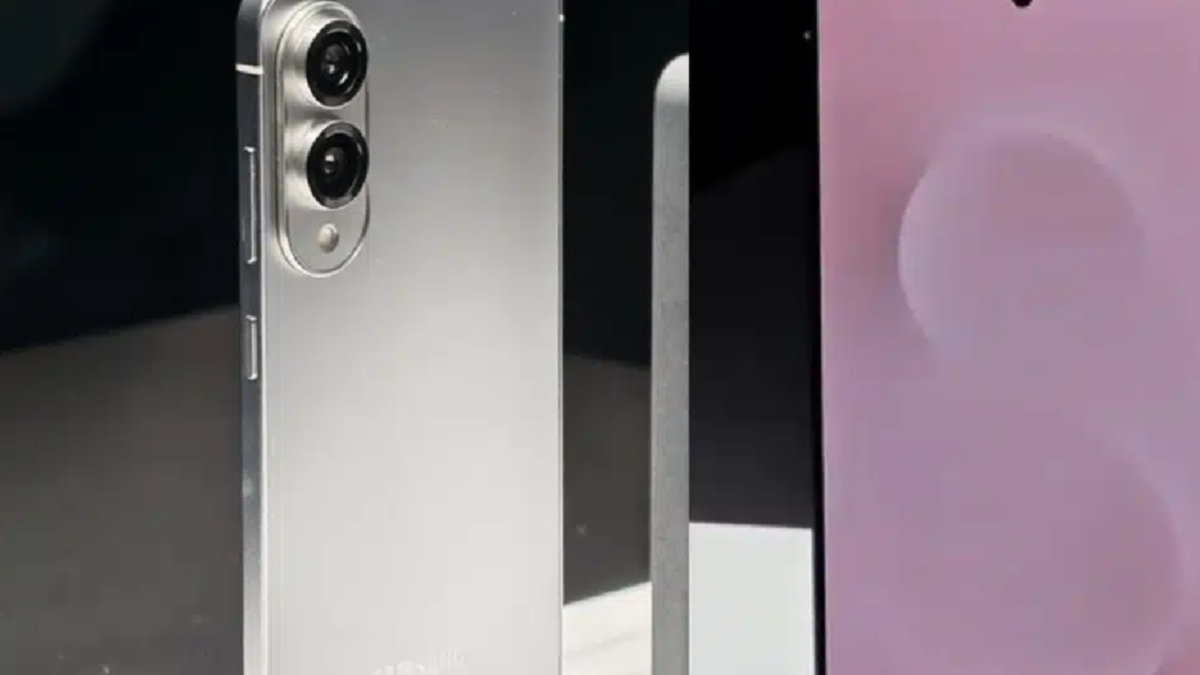Intuit, the parent company of TurboTax, still grapples with backlash, facing allegations of duping users into employing its supposedly “free” tax filing service, which, in reality, carried a price tag. In a recent ruling, the chief administrative law judge (ALJ) of the Federal Trade Commission branded Intuit as having “deceived consumers” and engaging in “deceptive advertising.”

Within the ruling, extensive pages scrutinize Intuit’s promotion of its “Free Edition” software in commercials and online ads. Despite the name implying cost-free service, users ended up forking out money, sparking an FTC lawsuit and a hefty $141 million compensation payout. Concurrently, locating Intuit’s genuinely free Free File version, launched in partnership with the IRS, remained an arduous task. In 2021, Intuit withdrew from the program as the IRS ceased allowing companies to conceal their free filing services from search engines.
The FTC’s ALJ discerned a “cognizant danger of recurring violation” by Intuit and consequently issued a cease-and-desist order. This order squarely bars the company from engaging in deceptive practices in the future, particularly from misrepresenting a product as free unless it truly offers it without hidden terms.
In a pre-FTC ruling response, Intuit criticized the agency’s investigation process as “flawed and highly questionable.” They underscored their adherence to most of the advertising practices in the FTC’s contentious decision, asserting their commitment to being forthright, equitable, and transparent with customers, pledging to maintain “free tax preparation.”
Hoping to eliminate reliance on potentially deceptive third-party tax filing services, there is optimism that the IRS will introduce a government-backed free filing service, set to debut in the 2024 tax season.
Discover more from NewForTech
Subscribe to get the latest posts sent to your email.



